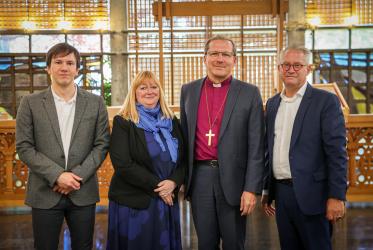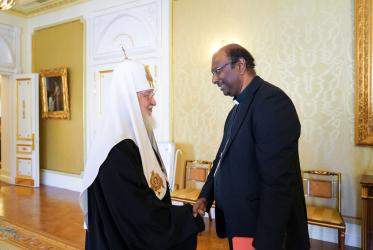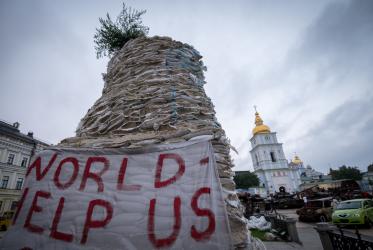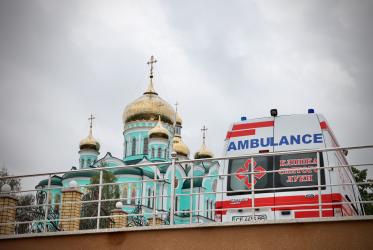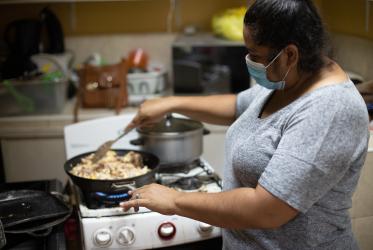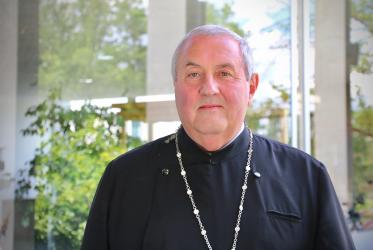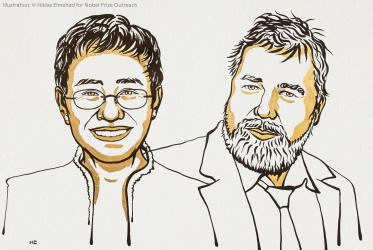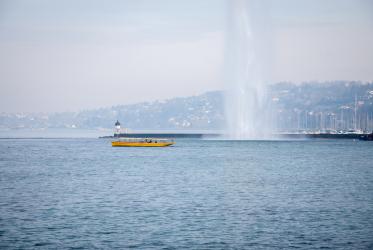Displaying 1 - 20 of 58
WCC hosts visitors from Finland, Germany, and Sweden
29 September 2023
WCC acting general secretary visits Moscow
17 October 2022
Ukraine: Responding to humanitarian need
08 September 2022
Monastery in Ukraine responds to the consequences of war
09 August 2022
WCC congratulates 2021 Nobel Peace Prize laureates
14 October 2021
